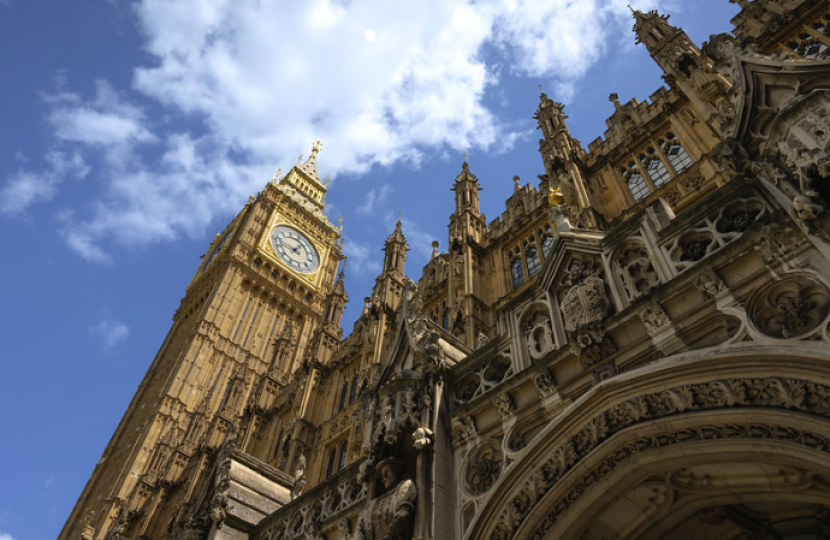
Today in Parliament, I voted against the Terminally Ill Adults (End of Life) Bill after carefully studying the legislation and listening to constituents' views. I appreciate that there are strong feelings on both sides of the argument, and while some will welcome my vote, others will be disappointed.
Over the past few months, I have received several hundred emails and letters from constituents sharing their personal stories and views. These include from our local faith leaders, doctors, nurses and other people with firsthand experience of this incredibly emotive issue.
Having read each one as your local Member of Parliament, I wanted to explain my decision to you as this was a personal choice rather than a political one.
While the legislation is well-intentioned, and I deeply understand the compassion and ethical arguments on both sides of the debate, I believe it has been rushed into Parliament, and the safeguards in the Bill are inadequate for vulnerable people.
My fear is people will feel pressured to choose assisted dying because they feel like a burden on their family, the NHS and society. No one should end their life for fear of being a burden to others or, even worse, being coerced into doing so.
The proposals require two doctors and a judge to approve someone's request for assisted dying. We all know the pressures facing the NHS, especially in the winter months and after Covid, which make these safeguards impractical. We cannot expect doctors to identify coercion or pressure beyond a medical environment. Instead, the Family Division of the High Court would have to act as a substantial safeguard. However, there are far too few judges to perform this role, and there is already a significant backlog of highly complex cases. This is why so many legal and medical professionals are concerned by this Bill.
While the NHS, hospices, and care providers can and do provide exceptional support, there are still too many instances where people do not receive the end-of-life care they deserve. As our society ages, these services will increasingly face pressure. Our focus must be on improving them first so everyone gets the compassionate and comprehensive care they require. I fear that by legalising assisted dying without consistently ensuring exceptional end-of-life care, some will feel no choice but to die earlier than they wish. And this is assuming that the six months to live diagnosis is correct, as we all hopefully understand the significant medical challenge doctors face in this regard.
Legalising assisted dying will also irreversibly change society's view on death. While this legislation is defined to exclude children, non-terminal conditions, and mental illness, most other countries that have taken this step later expand the law – hence the concerns of many when describing the Bill as a slippery slope. In Belgium and the Netherlands, children can be euthanised. In Canada, from 2027, people who have mental illness can access assisted dying. I understand the fears of many disabled people about where this law may lead once society's view changes. Our country shouldn't move from the compassionate position of supporting how precious life is to instead assisting death.
These are the reasons why I voted against the assisted dying bill. It perhaps would have been easier for me to vote for the Bill or to have abstained, but I believe passionately that we must protect the most vulnerable in our society and that our focus must be on improving end-of-life care for all.

